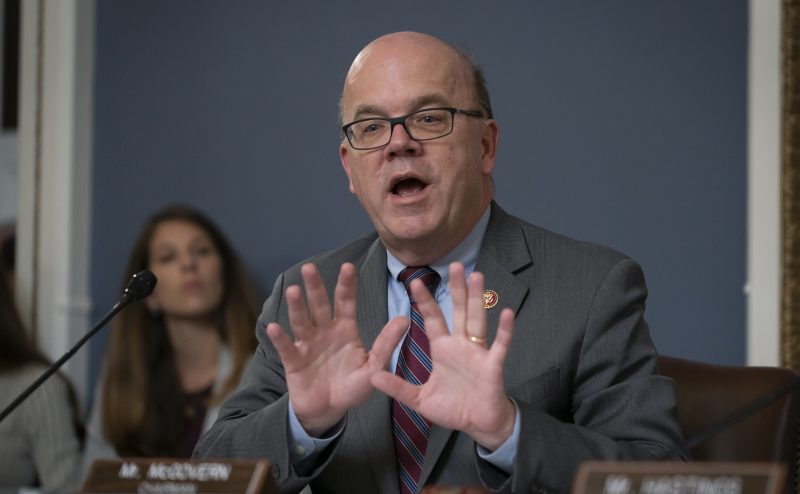
Unprecedented: Democrat’s Bold Words About Trump Erased from Congressional Record
In recent political news, there has been a significant event on the House floor involving a Democrat listing President Trump’s trials. The discourse that unfolded during this session drew attention not just for the content presented, but also for the subsequent striking of the words from the record. Let’s delve deeper into this occurrence and explore the implications it holds.
The Democrat in question took the floor to outline a series of trials that President Trump has faced during his time in office. These trials included, but were not limited to, accusations of colluding with a foreign government, obstructing justice, and abusing his power. By laying out these charges, the Democrat sought to highlight what they perceived as a pattern of misconduct on the part of the President.
However, the drama unfolded when the Speaker of the House intervened and struck the Democrat’s words from the record. This action raised eyebrows and sparked a wave of debates and discussions both within the political sphere and among the general public. The decision to erase the remarks from the official record left many wondering about the motivations behind such a move and whether it was driven by procedural concerns or political considerations.
The incident on the House floor exemplifies the contentious and polarized nature of contemporary American politics. It underscores the deep divisions that exist within the government and the challenges faced in finding common ground amidst differing viewpoints. The altercation serves as a reminder of the complex dynamics at play in the legislative process and the constant struggle to balance transparency and accountability with political expediency.
As the dust settles on this episode, it’s crucial to reflect on the broader implications it carries. The clash over listing President Trump’s trials sheds light on the power dynamics at play in Congress, where even the act of speaking out can be subject to scrutiny and censorship. It also raises questions about the role of dissent and opposition in a democracy, and the extent to which differing voices are allowed to be heard and acknowledged.
In conclusion, the incident of a Democrat listing President Trump’s trials on the House floor only serves to underscore the fractures and tensions that define American politics today. While the striking of the words from the record may have muted a particular viewpoint in the moment, the underlying issues and grievances it symbolizes remain unresolved. Moving forward, it is imperative for lawmakers and citizens alike to engage in constructive dialogue and deliberation to navigate the challenges of a deeply divided political landscape.
